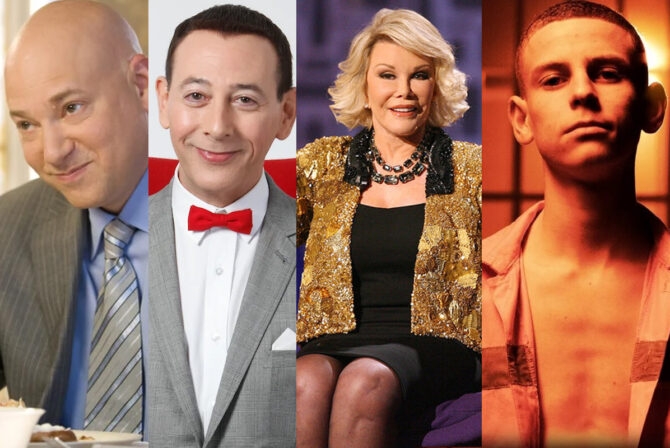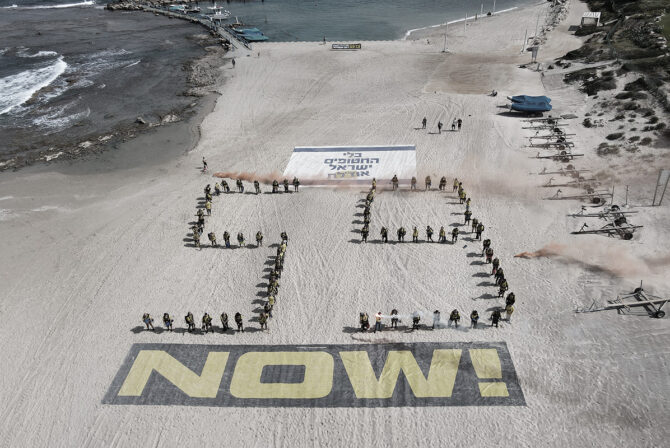Sitting at my rising 6th grader’s middle school orientation, I was reminded, once again, that rearing our kids in a secular society can be a tricky proposition.
There it was, up on the PowerPoint slide: “Meet the Teacher Night: Wednesday, September 24th, 2014, at 7:00pm.”
September 24th…September 24th. Sounded familiar. A frantic check on my iPhone confirmed it; September 24th is the first night of Rosh Hashanah this year.
It could be worse, I suppose. It could be the first day of school. That happened to me one year. The second day of Rosh Hashanah fell on the first day of school. High School. So not only did I have to try to explain to teachers and classmates why the other Jewish kids were in school while I “claimed” it was a Jewish holy day, but I missed what is arguably the most important day of the year, socially speaking. I mean, the first day is when migration patterns between classes are determined, not to mention where and with whom one eats lunch. Miss that day? Might as well miss the entire year.
So I acknowledge that in most places, things have gotten better over the years.
And yet, “Meet the Teacher Night” is a critical event for parents in our district. Attendance not only provides parents with important information which will help make the student’s year a successful one, but it also communicates to the teacher that the parents are active participants in their child’s education.
All my concerns immediately ran through my mind: What vital information will I be missing by not attending “Meet the Teacher Night?” Will Lilly’s teachers think that we don’t value the important partnership between the school and us?
Yes, I realize that by sending her to public school, we have chosen this particular path, knowing that there will always be conflicts between the Jewish calendar and the secular one. Some friends, both publically and privately, pointed out that we would not have this problem if a. our kids went to Jewish day school or b. we moved to Israel; both are true.
However, the scheduling problem doesn’t affect just one family. Nor is this about just one religion. In a pluralistic society, one that prides itself on the recognition and inclusivity of all, more careful attention ought to be paid prior to making the school calendar. It isn’t as though we are talking about some obscure minor festival. Rosh Hashanah appears on every calendar I own–and don’t mean the ones of the local mortuary.
So I called the school district.
Not to complain. Nor to insist that this year’s “Meet the Teacher Night” be changed.
Rather, I offered to help them avoid similar conflicts in the future. After all, if the Jewish calendar can be perplexing to Jews, I can only imagine how confusing it can be to non-Jews.
Within the hour, every family at our school received an email noting the date change of this year’s “Meet the Teacher Night.” And this morning, I received a lovely email from our principal:
I want to thank you for bringing this oversight to our attention. I apologize for any frustration or feelings of disrespect it may have caused. At Eyer [Middle School], and in [the] East Penn [School District], we certainly strive to show our value for students and families of all backgrounds and I will make it a point to pay closer attention to the scheduling of events in the future.
Victory. Not just that our family’s conflict has been resolved. But that our kids are being given the message that students from all backgrounds are valued members of their school community.
That’s a pretty terrific way to start off the new year.
Like this post? Get the best of Kveller delivered straight to your inbox.







